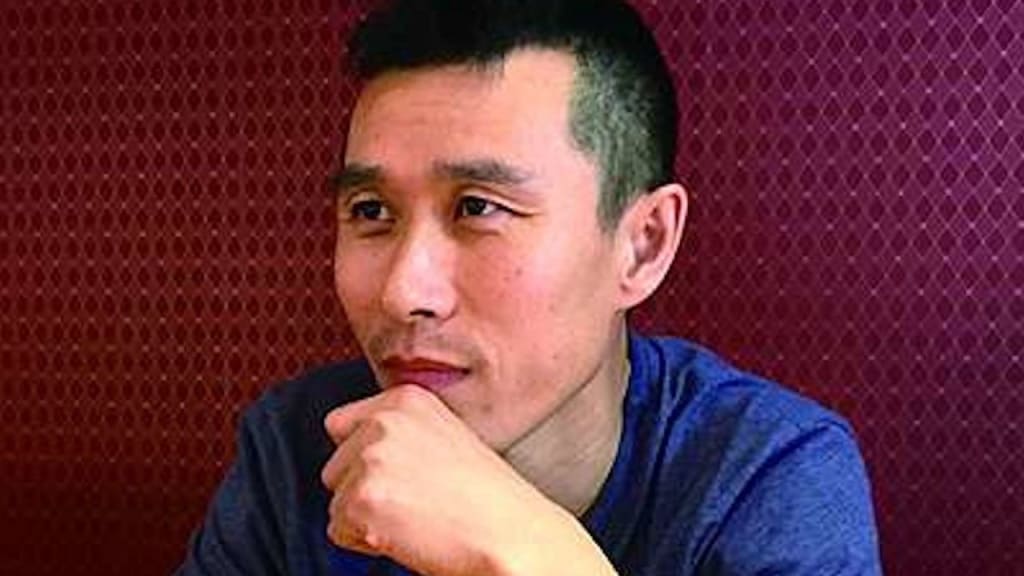China Detains Taiwan Publisher.
Discovering the Fascinating Treasures and Intriguing Mysteries of Our World

China has detained a Taiwan-based man, Lee Meng-chu, who published books critical of the Communist Party. This latest move is part of China's broader crackdown on free speech and dissenting voices, particularly those who criticize the ruling party.
Lee Meng-chu, a publisher and bookstore owner, was arrested in Guangdong province in November 2019 while on a visit to mainland China. He was accused of "inciting subversion of state power" and "leaking state secrets," charges that are often used by the Chinese government to silence critics.
Lee's detention is not an isolated incident. China has a long history of suppressing dissent and cracking down on free speech, particularly in relation to issues related to Tibet, Xinjiang, and Taiwan.
China has also been known to go after those who publish critical content. In 2015, five Hong Kong booksellers who sold books critical of the Chinese government disappeared and later resurfaced in mainland China, where they were detained and forced to confess on state-run television.
In Lee's case, the Chinese government appears to be particularly sensitive to criticism coming from Taiwan, which it considers a breakaway province that must be reunified with the mainland. Taiwan, on the other hand, sees itself as a sovereign state and has its own government, military, and constitution.
Lee is not the only Taiwan-based individual to have been targeted by China. In recent years, there has been an uptick in the number of Taiwanese nationals who have been detained or deported by the Chinese government.
This crackdown on free speech and dissent is particularly troubling given the growing influence of China in the world. China is one of the world's largest economies and a rising superpower. Its actions on the global stage have the potential to affect millions of people around the world, including those living in democracies.
The Chinese government's behavior is also a direct threat to the freedom and democracy that many countries hold dear. The right to free speech and the ability to criticize those in power is a fundamental part of any functioning democracy. When those rights are suppressed, it undermines the very foundations of democracy itself.
Furthermore, China's actions send a message to other countries that it is acceptable to suppress dissent and silence critical voices. This could embolden other authoritarian regimes to follow China's lead and crack down on free speech in their own countries.
The international community must speak out against China's actions and work to protect the rights of those who are being targeted. This includes governments, civil society organizations, and individuals.
Governments around the world can take a number of actions to pressure China to release Lee Meng-chu and other individuals who have been detained for exercising their right to free speech. They can issue statements condemning China's behavior and calling for the immediate release of those who have been detained.
They can also impose economic sanctions or travel bans on Chinese officials who are responsible for human rights abuses. This would send a strong message to the Chinese government that their actions will not be tolerated by the international community.
Civil society organizations can also play a role in pressuring China to respect human rights. This includes human rights organizations, media outlets, and advocacy groups. They can report on China's human rights abuses, bring attention to the issue, and advocate for the rights of those who are being targeted.
Individuals can also make a difference by speaking out about China's actions and putting pressure on their own governments to take action. This includes contacting their elected representatives, signing petitions, and participating in protests.
In addition to these actions, the international community can work to promote and protect human rights more broadly. This includes advocating for freedom of speech and protecting journalists and other individuals who are working to expose human rights abuses.
It also means promoting democratic values and supporting democratic institutions around the world. This can help to create a global environment that values






Comments
There are no comments for this story
Be the first to respond and start the conversation.